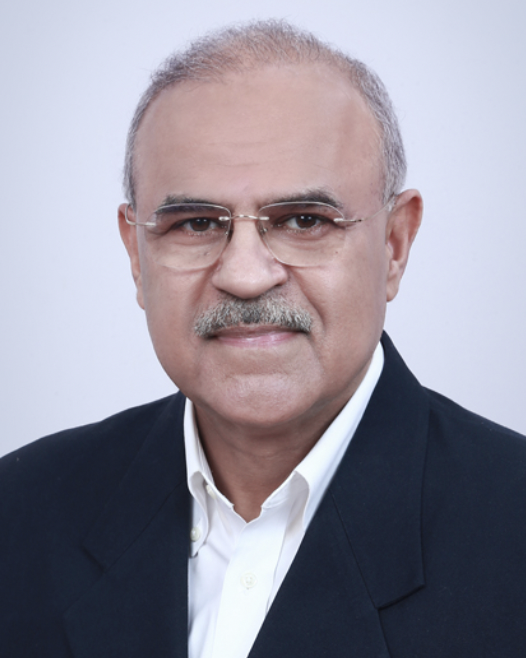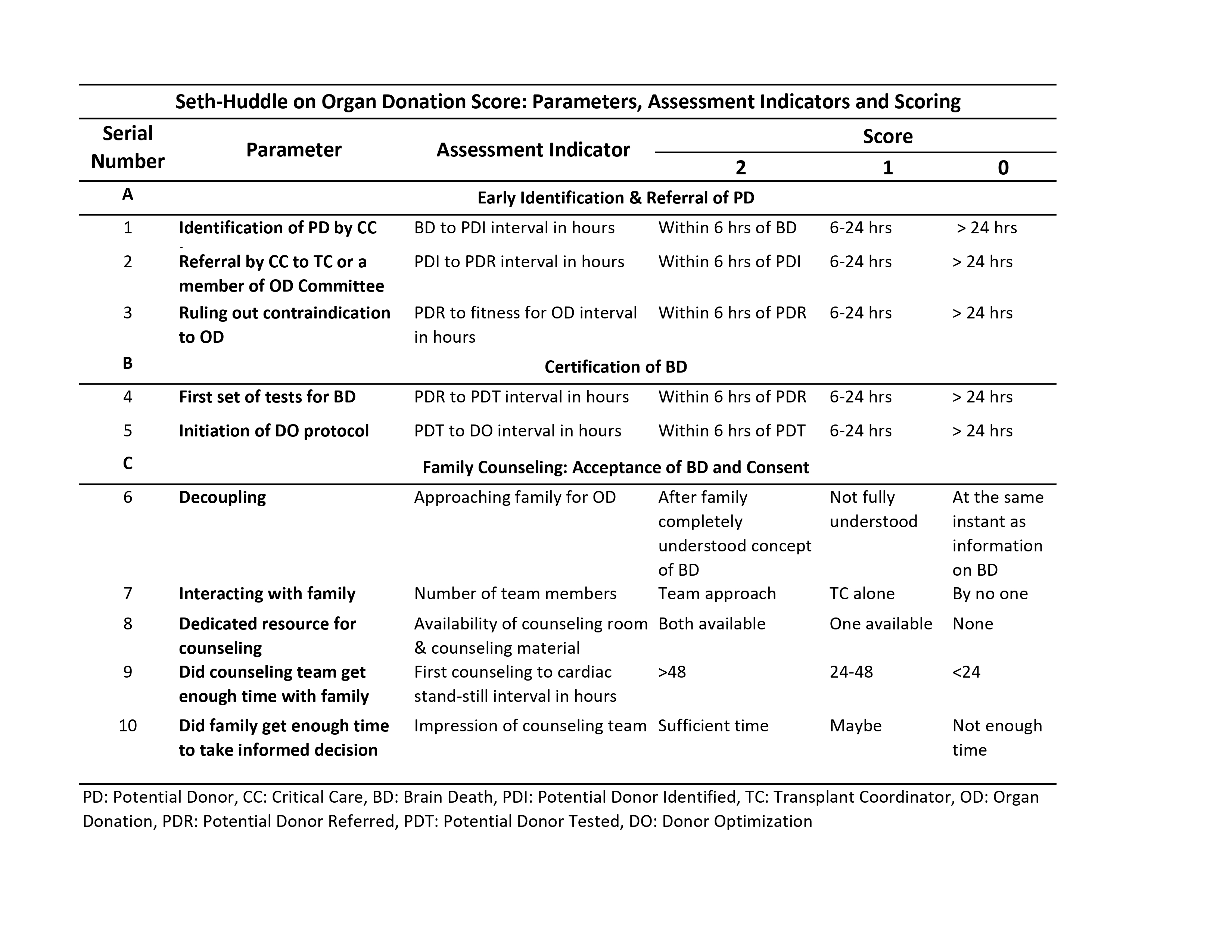
Dr (Colonel) Avnish Seth is Head, Manipal Organ Sharing and Transplant (MOST) and Chairman, Manipal Institute of Gastroenterology and Hepato-Biliary-Pancreatic Sciences at Manipal Hospital, New Delhi. A Transplant Hepatologist, Dr Seth has pioneered deceased organ donation for two decades and is currently spearheading organ donation and transplant activities in 33 Manipal Hospitals. He set up organ donation program in 8 Armed Forces hospitals as Founder-Director, Armed Forces Organ Retrieval and Transplant Authority (AORTA: 2006-9) and in 29 Fortis Hospitals as Founder-Director Fortis Organ Retrieval and Transplant (FORT: 2012-2022). His Seth-Donation of Organs and Tissues (S-DOT) score is widely used for assessment of hospitals for best practices in the field. He established the IDEAL (Immediate Donation of Eyes After Life) protocol, a nursing and smart phone based system of counselling families that has led to over 500 cornea donations.
Dr Seth has actively participated in ISODP Congress held at Seoul, Geneva, Dubai and Las Vegas. He is Chair of the Expert Committee of 'Ang Daan Yojna', an organ donation initiative by Government of Haryana, India. He is member of Apex Technical Committee of National Organ and Tissue Transplant Organization (NOTTO), member of Expert Committee on Organ Transplant, Government of Sikkim and member of Advisory Board of MOHAN Foundation. Dr Seth is the Lead and first author of the joint consensus statement on Donation after Circulatory Death (DCD) in India, published in 2022. He is the Organising Chairman of the Commonwealth Tribute to Life conference held at New Delhi in March 2024.
Dr Seth is credited with performing the first stool transplant in India in 2014 and is pioneering research on stool transplant for Ulcerative colitis, Crohn’s Disease, IBS, Alcoholic liver disease, Parkinson’s, Autism and Metabolic Syndrome. Formerly, Professor of Medicine at Delhi University, he has served on the Governing Council of Indian Society of Gastroenterology and Society of GI Endoscopy of India. He has more than 100 publications and
Dr Seth was awarded the ‘Vishisht Seva Medal’ for distinguished service by the President of India.
Seth-huddle for organ donation (S-HOD) score: A simple scoring system for assessment of hospitals for conversion of potential donors to actual donors
Avnish Seth1,2, Sukhvinder Lal1.
1Manipal Organ Sharing & Transplant, Manipal Health Enterprises Pvt Ltd, New Delhi, India; 2Manipal Institute of Gastroenterology and Hepato-Biliary-Pancreatic Sciences, Manipal Hospital, New Delhi, India
Introduction: A periodic huddle of all stakeholders involved in the process of development of Deceased Organ Donation (OD) program is recommended. We organize a monthly huddle to discuss all Potential Donors (PD) and for each successful OD. A need was felt for an objective scoring system covering all aspects of Donation after Brain Death to make the huddle more meaningful.
Methods: Ten parameters related to early identification of PD, referral for Brain Death testing, donor optimization, certification and family counseling were identified. Each parameter was scored 2,1 or 0 with a maximum score of 20 (Table 1).

The scoring system was applied retrospectively to 5 successful ODs and 10 PDs that did not progress to successful OD, and the scores compared. Statistical analysis was done with Wilcox Signed Ranks Test.
Results: The median S-HOD Score in successful OD, 18(range 15 to 20), was significantly higher than in PD who did not progress to OD, 8.5(range 5 to 11), p < 0.01. A score of above 15 was associated with OD while all PDs who did not progress to OD had a score below 11. Early identification of PD, early certification and early initiation of donor optimization protocol, were associated with successful OD. Delays in these steps often led to cardiac standstill before the counselling team could spend sufficient time with the family to enable them to accept BD and take an informed decision.
Conclusion: S-HOD score may be a useful tool for objective assessment of best practices during a huddle for OD.
